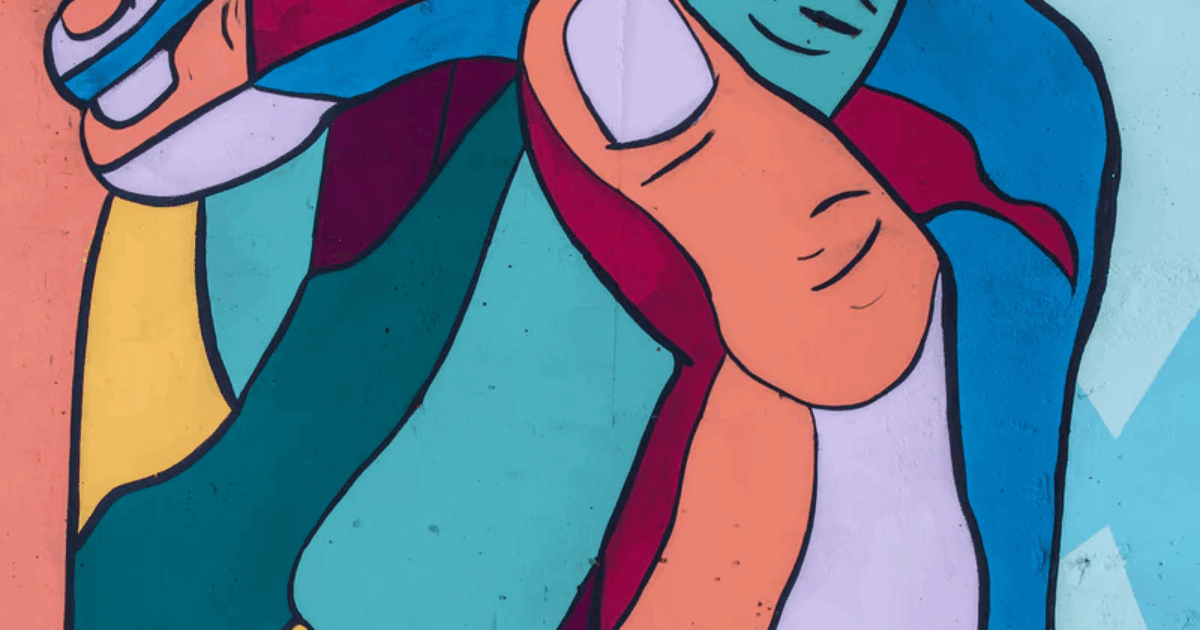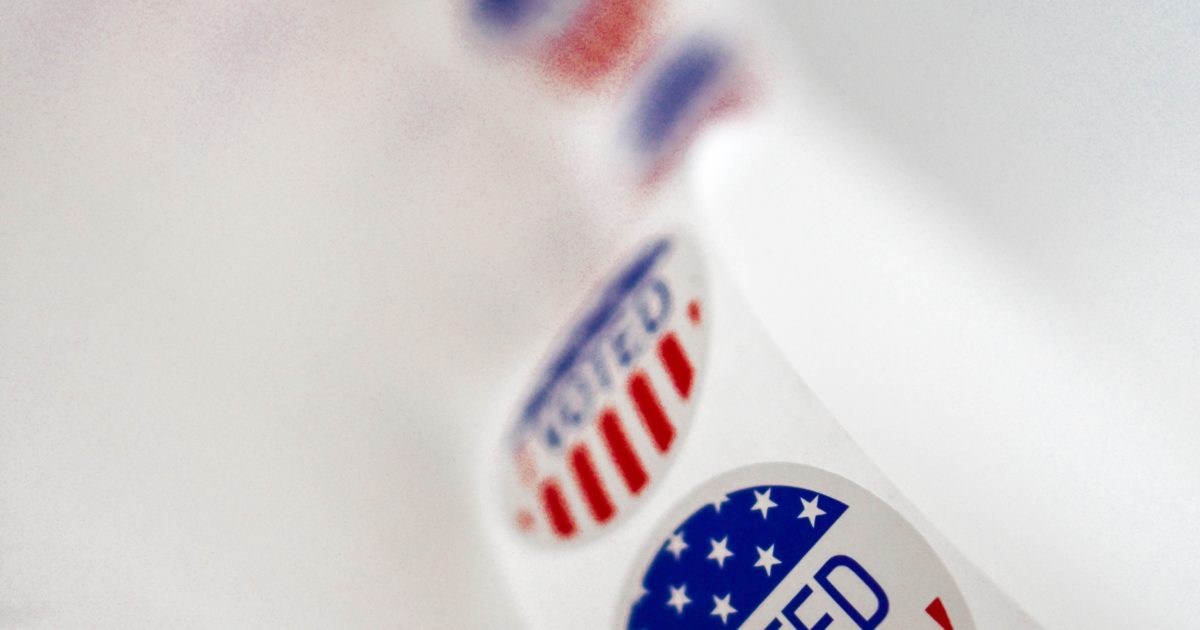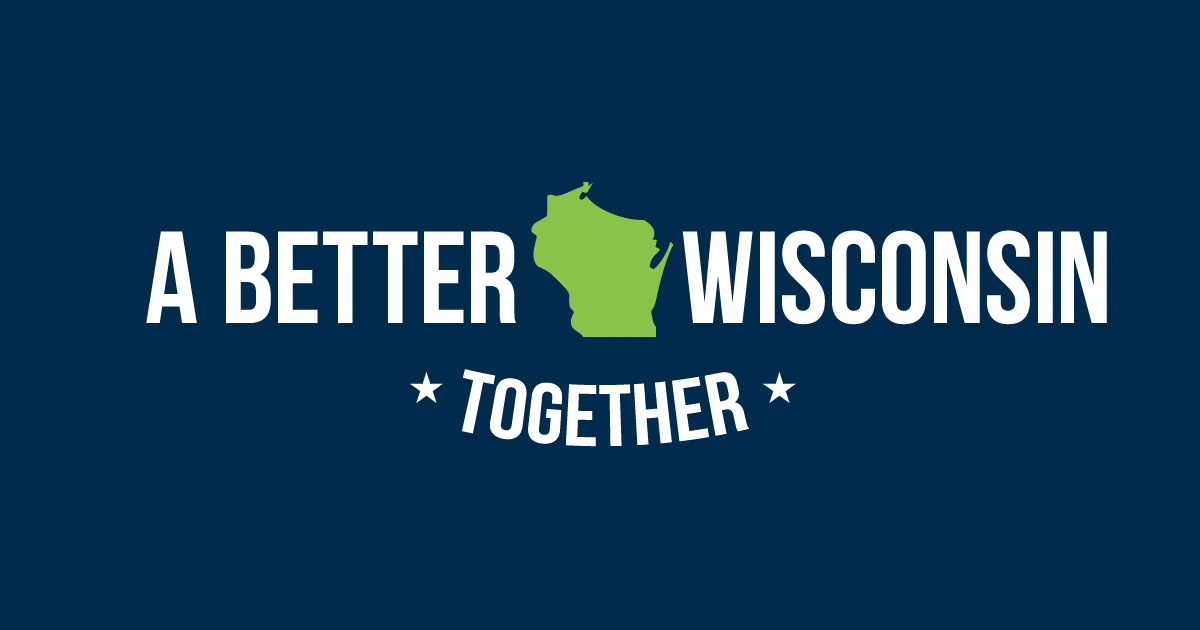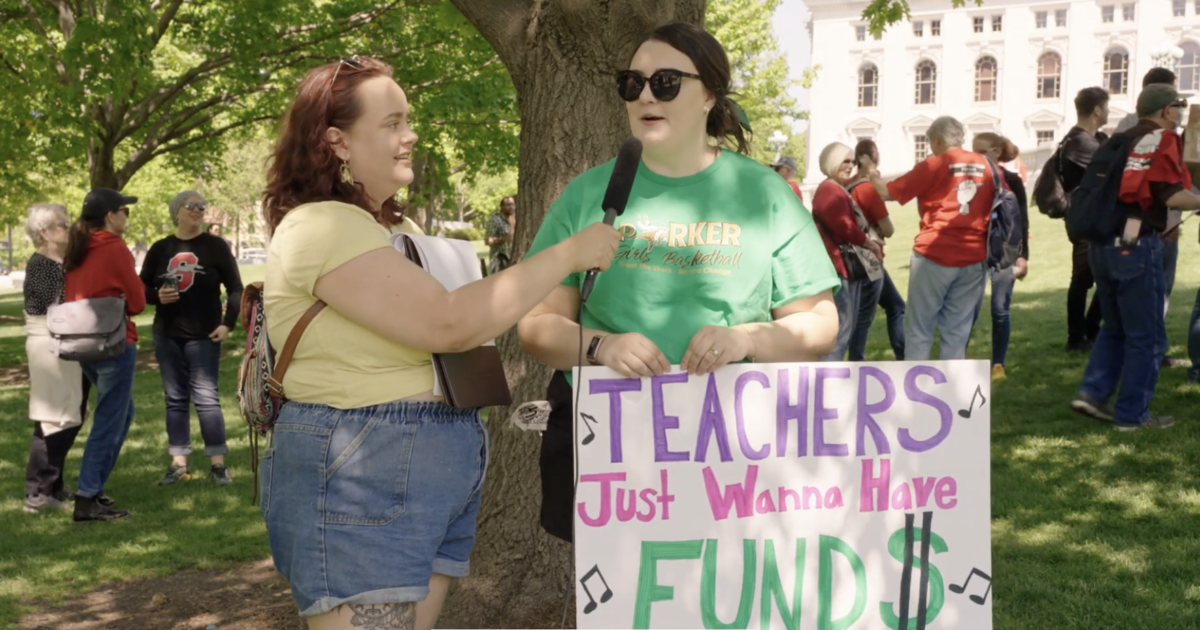MADISON, Wis. – In honor and recognition of Juneteenth, A Better Wisconsin Together is pushing back against right-wing attempts to censor Black history and attack the freedoms of Black Wisconsinites.
Juneteenth – a celebration of Black freedom, liberation, and resiliency that commemorates the formal end of slavery in the South on June 19, 1865 – reminds us that in 2024 the fight for universal freedom is ongoing, especially amid relentless efforts from Wisconsin Republicans to censor Black history from being taught in our schools and roll back programs meant to ensure Wisconsin is state where everyone has the tools they need to be successful, no matter their race.
“Wisconsin was home to one of the first Juneteenth celebrations outside of the South, making it even more appalling that, years later, GOP lawmakers are trying to erase that history and undo progress for Black Wisconsinites,” said Lucy Ripp, communications director at A Better Wisconsin Together.
In the 2023-24 legislative session, state Republicans introduced a racially targeted classroom censorship resolution (AJR 8/SJR 7) that the ACLU of Wisconsin has described as part of a, “nationwide crusade against a complete, accurate, and inclusive education.”
GOP lawmakers introduced AJR 8/SJR 7 after Governor Evers vetoed a similar Republican bill that would have made it illegal to teach students in Wisconsin about the harms of racism in our nation’s history and given Republicans the power to remove vital funding from school districts who do.
Further, Wisconsin Republicans kicked off Black History Month earlier this year by advocating for changing our state constitution to limit DEI efforts across the state, and another GOP bill that would attack financial aid programs meant to close gaps in access to higher education for Black communities in Wisconsin.
“We all have a part to play in dismantling white supremacy, and that means committing to confronting anti-Black racism in our communities, politics, families, schools, and social circles,” said Ripp. “Our elected leaders must be held to that same standard.”




